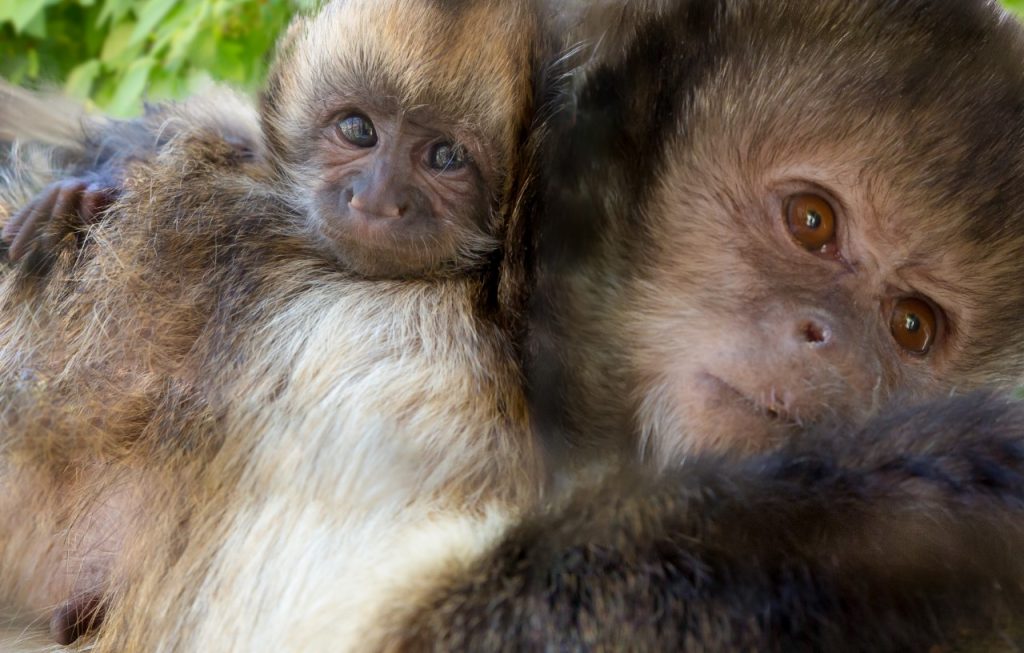Testing black solider fly larva meal as a feed ingredient to improve aquarium diet sustainability
Citation
Williams SM, Cersosimo LM, Sullivan KE, Livingston S, and Valdes EV.2019. Testing black solider fly larva meal as a feed ingredient to improve aquarium diet sustainability. In Brooks M, Freel T, Koutsos E Eds. Proceedings of the Thirteenth Conference on Zoo and Wildlife Nutrition, Zoo and Wildlife Nutrition Foundation and AZA Nutrition Advisory Group, Saint Louis, MO.
Abstract
Research efforts are needed to decrease aquafeed manufacturer’s dependency on fishmeal and to utilize alternative and more sustainable aquatic food sources (Glencross et al. 2007). Insect meal is considered an alternative, more sustainable source to fishmeal. Insects have different feeding habits that enable them to be reared on by-product waste with low water inputs (Sanchez-Muros et al. 2014). Enviro Meal (EnviroFlight, Maysville, KY), the alternative protein source that was used in this study, is derived from black soldier fly (BSF) larvae. When BSF meal was fed to European seabass at inclusion rates from 6.5-45% to reduce fishmeal, no differences were observed in growth performance or apparent digestibility of BSF meal (Magalhães et al. 2017). We hypothesize that no difference will be observed in palatability and growth parameters between fish fed with or without the inclusion of insect meal. Our objectives were: 1) test the palatability of a new, more sustainable, nutritionally complete gel diet for marine teleosts and 2) produce a more sustainable gel with the inclusion of insect protein meal and the reduction of fishmeal. The trial diet was formulated with insect meal as 30% of the final mix at the expense of fish meal. The total diet was offered at a ratio as fed at 33% complete gel product and 67% as a 50/50 mix of superba krill and clam. We utilized a group of young sailfin snappers (Symphorichthys spilurus) (population, n = 40).
 Williams.pdf 64 KB
Williams.pdf 64 KB








